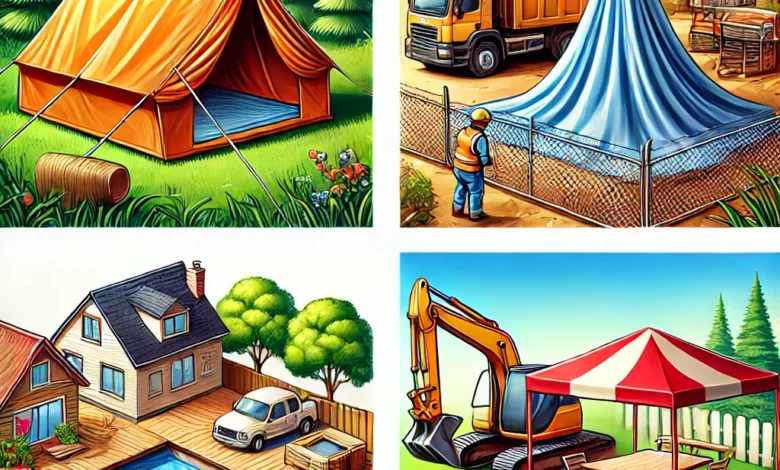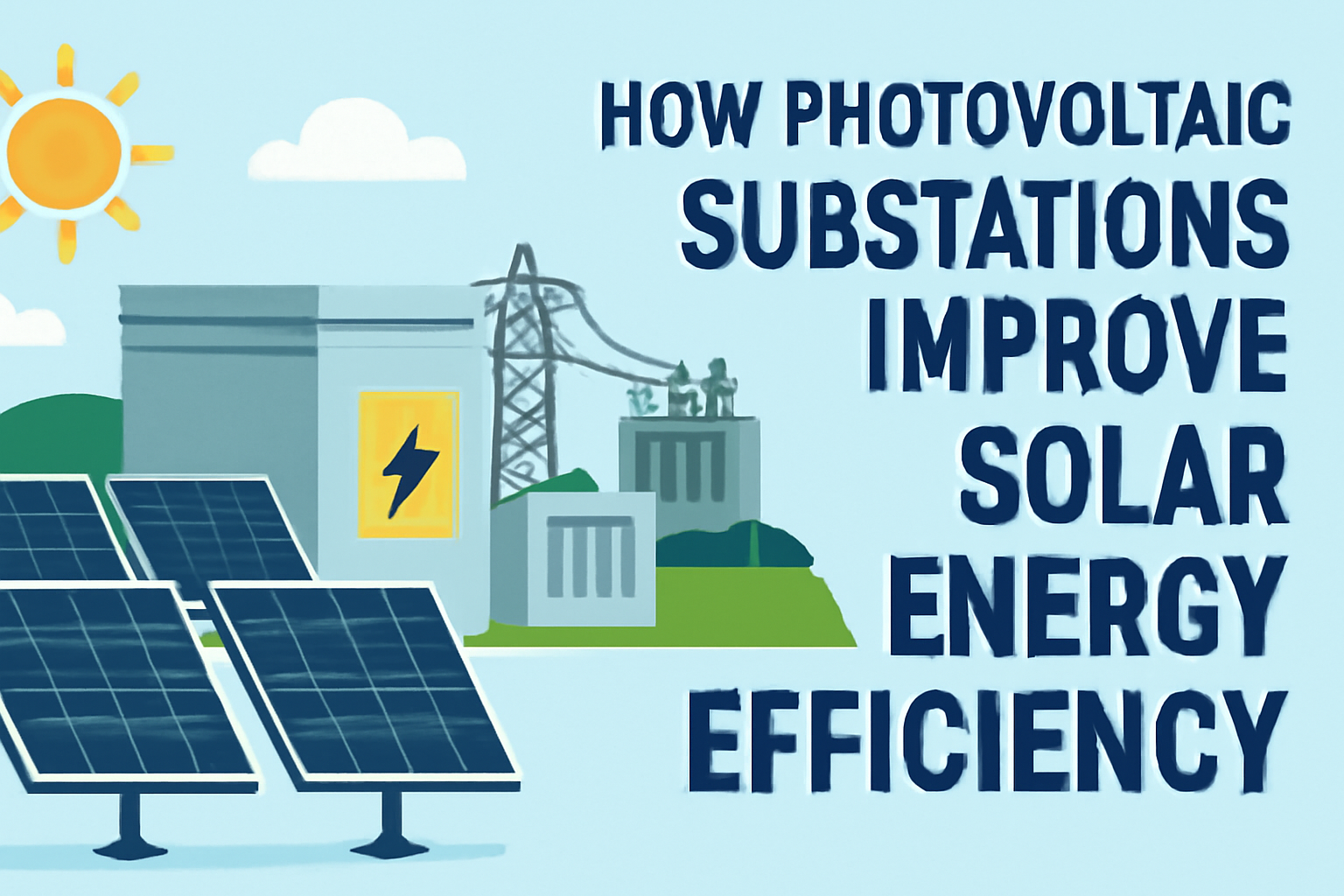PVC Tarps: Durable, Versatile, and Essential for Your Outdoor Needs

When it comes to protecting your outdoor spaces, equipment, or supplies, few products are as dependable and versatile as PVC tarps. These tarps are designed to withstand harsh conditions, provide exceptional coverage, and serve a wide array of needs, making them a must-have for any outdoor enthusiast or professional. Whether you’re a camper, a homeowner, or a contractor, PVC tarps offer a simple yet incredibly effective solution for all your protection needs.
In this ultimate guide, we will delve into the world of PVC tarps and uncover why they are trusted across different industries. We will explore their diverse uses, the qualities that make them stand out, and how they can enhance your outdoor adventures or projects. By the end of this guide, you will understand exactly why PVC tarps are the ideal choice for anyone looking for reliability and functionality in outdoor coverings.
Let’s explore everything there is to know about these durable and versatile tarps so that you can make the most out of their potential. From construction sites to camping trips, PVC tarps are more than just a covering—they’re a dependable partner for all your outdoor needs.
1. Understanding the Strength of PVC Tarps
PVC tarps, or polyvinyl chloride tarpaulins, are manufactured using high-quality, heavy-duty materials designed for maximum strength and durability. Unlike other types of tarps, such as polyethylene (PE) or canvas, PVC tarps offer superior resistance to wear and tear, as well as resistance to weather conditions like heavy rain, snow, wind, and UV exposure. Their construction features a polyester scrim core that is laminated or coated with PVC, giving them the strength to handle rough handling, pressure, and environmental stress.
One of the key reasons PVC tarps are so reliable is their ability to maintain their integrity even in extreme conditions. Whether you need a tarp to cover machinery, protect a tent, or create a temporary shelter, PVC tarps ensure that the job is done effectively. Their waterproof properties are especially useful for keeping items dry and safe from moisture damage.
PVC tarps are also fire-retardant, which means that they can be safely used in environments where fire risks may be present. This added layer of protection makes them a popular choice on construction sites, in the transportation industry, and even for personal use at home.
2. Versatile Uses for PVC Tarps
One of the standout features of PVC tarps is their versatility. No matter the context, PVC tarps have a wide range of applications that make them indispensable. Here are some of the most common uses:
- Camping and Outdoor Adventures: PVC tarps are a favorite among campers and outdoor enthusiasts. They make excellent ground covers, temporary shelters, or even as protective covers for camping gear. Their durability and waterproof nature make them ideal for withstanding unpredictable weather conditions in the wild.
- Construction Sites: On construction sites, PVC tarps are used to cover building materials, machinery, and scaffolding. They help keep everything secure and safe from environmental damage. In addition, they can also be used to create temporary enclosures for workers and equipment.
- Agricultural Use: Farmers often use PVC tarps to cover hay, equipment, and even crops. Their waterproof and UV-resistant properties make them ideal for protecting agricultural goods from adverse weather conditions, ensuring that they stay in good condition.
- Transportation: In the transportation industry, PVC tarps are used to cover trucks and trailers, ensuring that the goods inside are kept safe from dust, rain, and other external factors during transit. Their ability to resist wear and tear makes them ideal for long-haul journeys.
- Home and Garden: At home, PVC tarps can be used for covering pools, firewood, furniture, or even as a canopy during gatherings. Their sturdy build makes them perfect for both temporary and long-term use around the house.
- Sports Fields: PVC tarps are commonly used to protect sports fields, especially baseball or soccer fields, from rain. They are easy to spread out and can prevent damage to the field by keeping it dry during inclement weather.
PVC tarp is a versatile and durable solution for both industrial and recreational uses. To buy a high-quality PVC tarp, visit https://jumtarps.com/.
3. Key Benefits of Using PVC Tarps
PVC tarps offer numerous advantages, which is why they have become such a popular choice for many outdoor needs. Here are some of the primary benefits:
- Weather Resistance: One of the main advantages of using PVC tarps is their ability to withstand various weather conditions. Whether you are dealing with heavy rain, snow, or intense sunlight, PVC tarps provide effective protection, allowing you to keep your equipment or materials safe and sound.
- Durability: PVC tarps are incredibly tough, which makes them ideal for demanding applications. With reinforced edges and heavy-duty grommets, PVC tarps are built to last, no matter how rough the conditions may be.
- Waterproof and UV Resistant: The waterproof nature of PVC tarp materials makes them perfect for applications where water protection is crucial. Additionally, the UV-resistant coating ensures that the tarp does not deteriorate easily when exposed to prolonged sunlight, making them great for extended outdoor use.
- Fire Retardant: Unlike other types of tarps, PVC tarps are treated to be fire-retardant, which means they offer an added level of safety. This makes them suitable for use on construction sites and in other high-risk environments where fire safety is a concern.
- Easy to Clean and Maintain: PVC tarps are easy to clean and maintain, making them a practical choice for long-term use. All you need to do is rinse off the dirt and grime, and the tarp will be good as new. Their resistance to mold and mildew also helps in maintaining their cleanliness over time.
4. Choosing the Right PVC Tarp for Your Needs
When it comes to selecting the right PVC tarp for your specific needs, there are several factors to consider. Understanding what makes a PVC tarp suitable for a particular purpose will help you make an informed decision.
- Size: PVC tarps come in a wide range of sizes, so it is essential to choose the right size based on what you intend to use it for. Whether you need a small tarp for covering equipment or a large tarp to create a canopy, selecting the right dimensions is crucial to ensure that you have adequate coverage.
- Thickness and Weight: PVC tarps are available in different thicknesses and weights. A thicker, heavier tarp is generally more durable and provides better protection, while a lighter tarp is easier to handle and may be more suitable for temporary use. Depending on the level of protection you need, choose the thickness accordingly.
- Grommets and Reinforced Edges: The presence of grommets and reinforced edges makes a big difference when it comes to usability. Grommets make it easier to secure the tarp, while reinforced edges add to the durability of the tarp, allowing it to handle tension without tearing.
- Color: PVC tarps come in different colors, and while this may seem like a minor detail, it can be important depending on the use. Dark-colored tarps can absorb more heat, while lighter colors are better for keeping things cool underneath. In certain situations, specific colors are also used to signal safety.
- Special Treatments: Some PVC tarps come with special treatments, such as being fire-retardant or anti-static. Depending on the environment you plan to use the tarp in, these additional treatments can be highly beneficial.
5. Caring for and Maintaining Your PVC Tarp
Proper care and maintenance are essential if you want your PVC tarp to last for many years. By following these maintenance tips, you can ensure that your tarp stays in excellent condition and provides maximum protection whenever you need it.
- Regular Cleaning: Keeping your PVC tarp clean is essential for preventing dirt, grime, and mold buildup. Use mild soap and water to wash the tarp, and avoid using abrasive chemicals that could damage the PVC coating. Rinse thoroughly and allow it to dry completely before folding or storing it.
- Proper Storage: Store your PVC tarp in a cool, dry place when not in use. Ensure that the tarp is completely dry before storing it to prevent mold and mildew from developing. Folding the tarp neatly and storing it in a container will help keep it safe from sharp objects or rodents.
- Avoid Sharp Objects: PVC tarps are designed to handle a lot, but sharp objects can still damage them. Be mindful of where you use your tarp, and avoid placing it in contact with sharp tools or surfaces that could puncture or tear it.
- Check for Wear and Tear: Periodically inspect your PVC tarp for signs of wear and tear, such as holes, frayed edges, or damaged grommets. Small holes can be patched, while damaged grommets can be replaced to prolong the lifespan of the tarp.
6. PVC Tarps vs. Other Types of Tarps
While PVC tarps offer numerous advantages, it’s important to understand how they compare to other types of tarps so you can make the best choice for your needs. Here is a comparison of PVC tarps versus other common tarps, such as polyethylene (PE) tarps and canvas tarps:
- PVC Tarps vs. PE Tarps: PVC tarps are more durable and resistant to harsh weather conditions compared to PE tarps. They are also heavier and more tear-resistant, which makes them ideal for heavy-duty applications. PE tarps, on the other hand, are lighter and less expensive, making them suitable for light-duty use or short-term applications.
- PVC Tarps vs. Canvas Tarps: Canvas tarps are made from natural fibers and are breathable, which makes them ideal for applications where air circulation is important, such as covering machinery or materials that need ventilation. However, canvas tarps are not as waterproof as PVC tarps and can be more prone to mold and mildew. PVC tarps are better suited for situations where complete water resistance and durability are crucial.
7. The Environmental Impact of PVC Tarps
PVC tarps are known for their durability, which means they do not need to be replaced as often as other types of tarps. This contributes to reducing waste in the long run, as a single tarp can last for many years. However, PVC is a plastic material, which means it is not biodegradable and can have an environmental impact if not disposed of properly.
To minimize the environmental impact of PVC tarps, consider reusing them as much as possible, and avoid disposing of them in landfills. Many recycling facilities accept PVC tarps, and repurposing old tarps for different uses around the house can also help reduce waste.
8. Innovative Uses for PVC Tarps
Beyond the typical uses of PVC tarps, there are many creative ways to use them that can make your life easier and more convenient:
- Outdoor Movie Screen: A PVC tarp can be used to create an outdoor movie screen for family gatherings or backyard parties. Simply hang the tarp on a frame, and you’ve got yourself a durable and weather-resistant screen.
- Water Slide: PVC tarps can be used to create a fun water slide in your backyard. Lay the tarp on a sloped area, secure the edges, and add water—it’s an affordable way to keep the kids entertained during the summer.
- Shade Canopy: If you’re spending a day outdoors, a PVC tarp can be used as a shade canopy to keep you cool. Tie it between two trees or poles, and you’ve got yourself a comfortable shaded area to relax.
- Windbreak: On windy days, a PVC tarp can be used as a windbreak for outdoor activities. Whether you’re camping, having a picnic, or spending time on the beach, the tarp can be set up as a barrier to block the wind and make your outdoor experience more enjoyable.
9. Conclusion
PVC tarps are a versatile, durable, and essential tool for anyone who spends time outdoors or needs reliable protection for equipment, supplies, or spaces. Their unmatched durability, waterproof properties, and resistance to harsh weather make them ideal for a wide range of applications, from construction sites and camping trips to home and garden use. PVC tarps offer peace of mind, knowing that whatever you need to protect will remain safe and secure.
Whether you’re an avid outdoor enthusiast, a homeowner, or a professional contractor, investing in a high-quality PVC tarp is a decision you won’t regret. The many benefits of PVC tarps—weather resistance, durability, versatility, and ease of maintenance—make them a dependable solution for countless uses. Embrace the power of PVC tarps, and let them help you tackle your outdoor challenges with confidence.
From shielding precious equipment to creating innovative outdoor setups, PVC tarps have earned their reputation as an indispensable tool in a variety of situations. Choose the right PVC tarp for your needs, care for it properly, and it will be your reliable partner for years to come.


